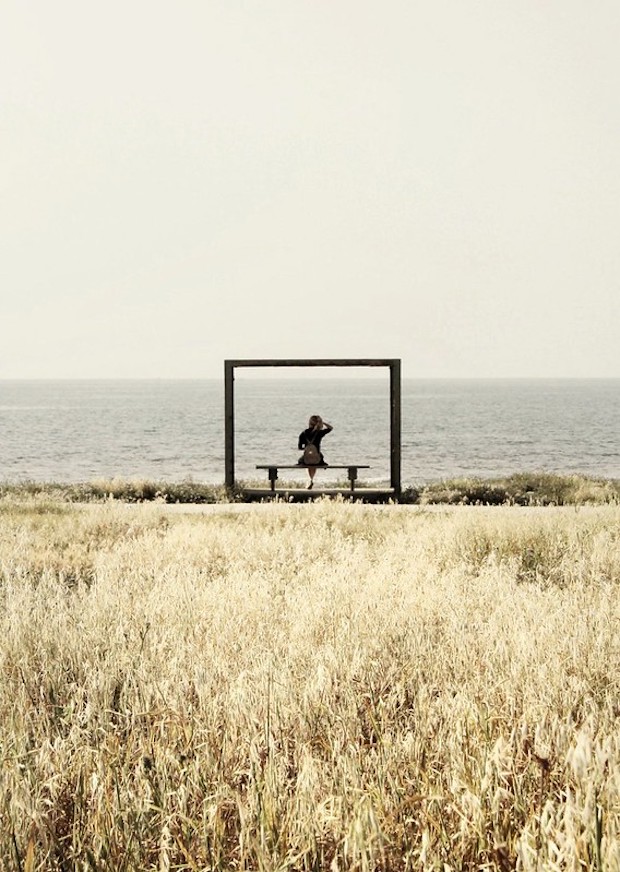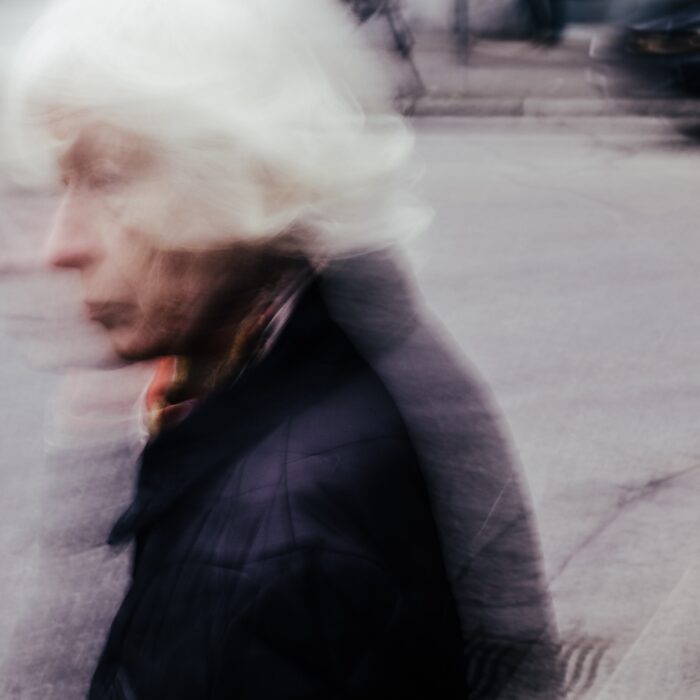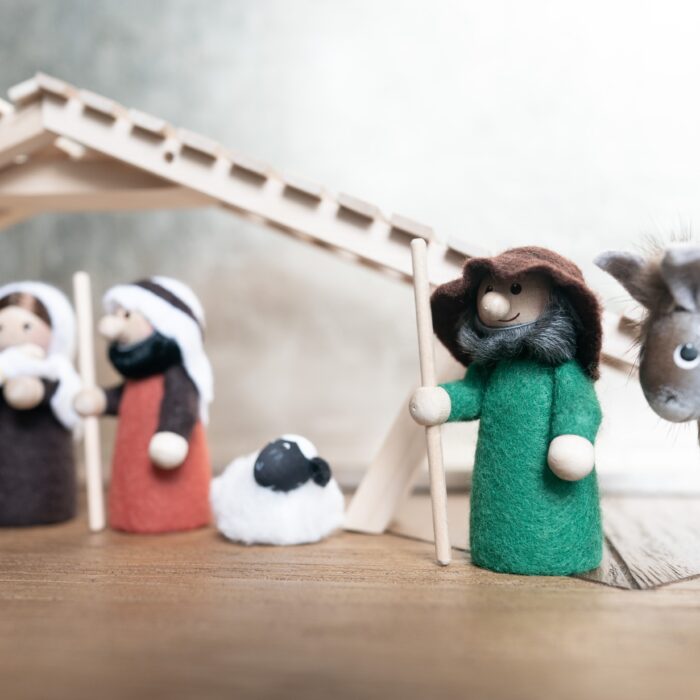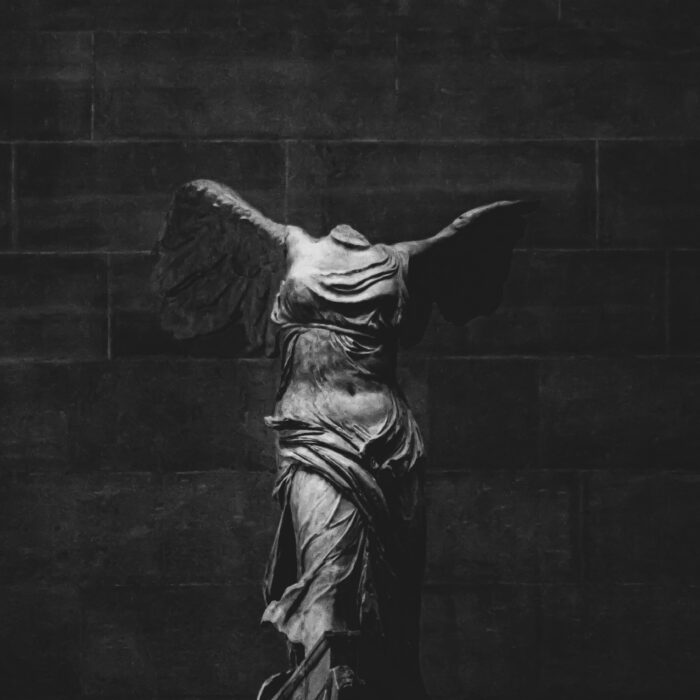You have no items in your cart. Want to get some nice things?
Go shoppingMama lets the paddling pool water spill onto the grass. That’s how the neighbors’ kids know it’s time to go home.
We go in for our tea. It’s laid out on the kitchen table. Meat-pie, peas, potatoes and extra gravy in a jug. We sit in our usual places and with Mama out of the room, clean the plates to the last lick so they won’t need rinsing for the dishwasher, the same celebrated appliance she and Papa got when they married and that Mama says won’t last if we keep putting dirty dishes in it.
The boys slob out on the couch. They mimic the deeper tones of men, along with the TV voice-over, they growl, “If you’ve a problem . . . ‘n’ no one else can help . . .” and grumble the missing words and shout, “The A-Team!” and the theme music plays.
I search for Mama, expecting she’s talking to a neighbor or brushing the water down the drive to a drain. On the doorstep is the folded up blue and white paddling pool we got from Joe’s the summer Papa died. A sympathy card came from auntie Jackie, Mama’s sister, and inside it was a photocopied voucher for Joe’s with a faded photo of the fancy urns he keeps over the stuffed otters and fishing tackle and the words, “Rest in Pieces” stamped in neon yellow. Mama bought the paddling pool. She asked us first, and we agreed to find somewhere for Papa’s ashes that would make him proud. The boys would find a box or tin or jar at the thrift store or something from the recycle center they could fix up or I would make something in pottery class. He’s still in the Co-op cardboard box he came in. But the boys stuck Man United stickers on it and I made a paper-mache plinth, painted gold.
Mama’s in her bare feet in the garden, squelching and sloshing in the flooded grass.
“Com’ere,” she says, “Take your shoes off.”
I sit on the doorstep, undo my laces, tuck them in behind the tongue, then my socks and put my plimsolls on the folded-up paddling pool, and join her.
“It’s like seagrass,” she says. I don’t know what she means and the more we move the more the mud starts to suck and creep between my toes.
“Remember when Papa and I would hold your hands,” she says, “and we’d walk along the shore where the seagrass grew? And when you’d say it tickled your feet, we’d lift you in the air? Do you remember?”
I tell her I do, but I don’t. I can’t remember Papa. Photos and stories make him appear and I watch us together as if I’m watching TV.
When mama dies, I go back to the beach but the sea grass is gone. A row boat comes into land, beating black clouds to the shore. A family in wetsuits, unload snorkels, flippers, a coil of rope and a large hessian sack.
“Fishing,” I ask?
The boy smiles, “Yeah, the fish will come when the grass grows again.”
His mama gives him something for me. A tiny hessian pouch closed with a string. “Seagrass” she says.
He opens the pouch and I see grass shoots full of seeds like miniature peas in a pod. “We’re turning back time,” he says, something he must have heard his mama say a million times.
I give him back the pouch, but his mama says to keep it as a memento.
At home I find the paddling pool, pull it open on the lawn but the walls won’t stand until I fill it with the three bags of pet shop gravel and sand, water and a kilo of salt. I take the seed pods from the pouch and plant them in the sediment. The hose spills water on the lawn where my feet, in the flooded grass, remember something I can’t.






